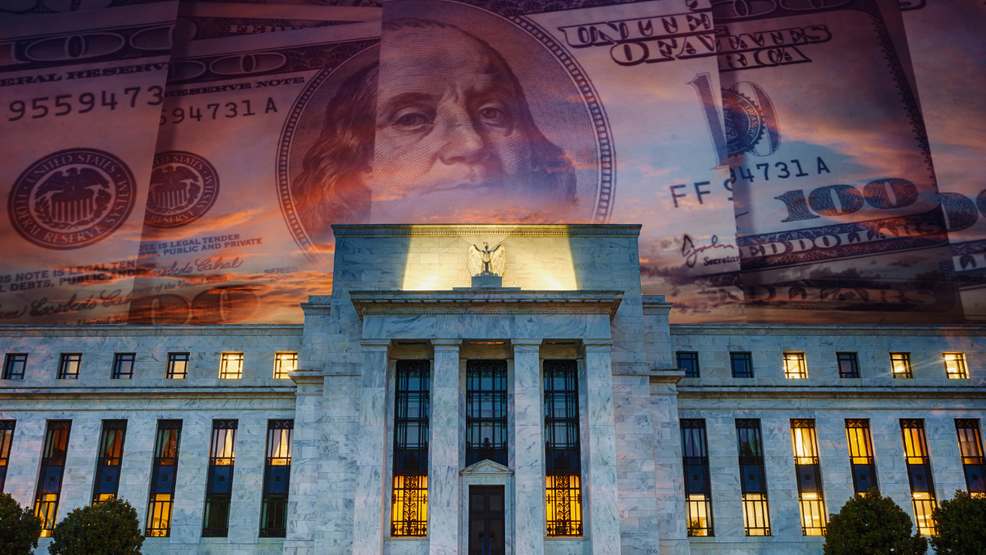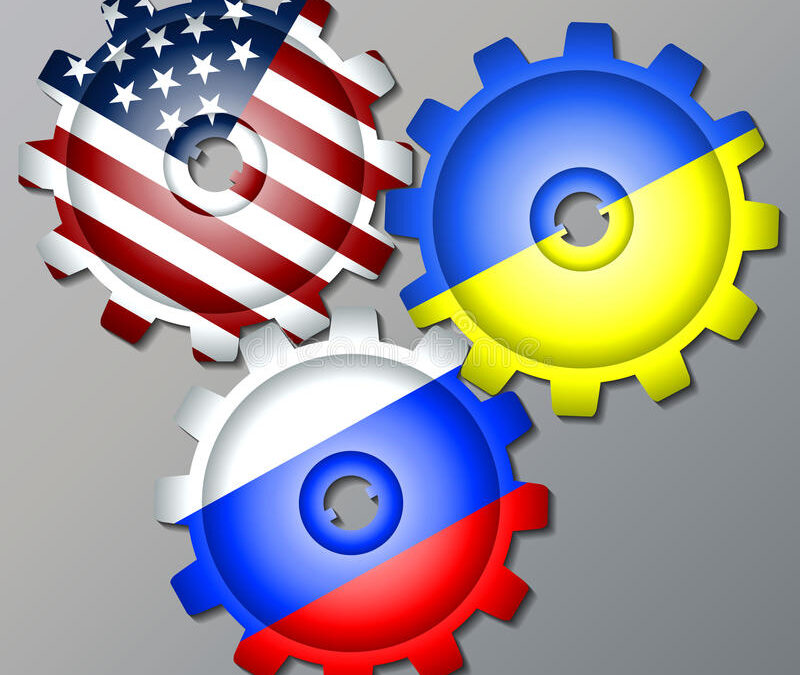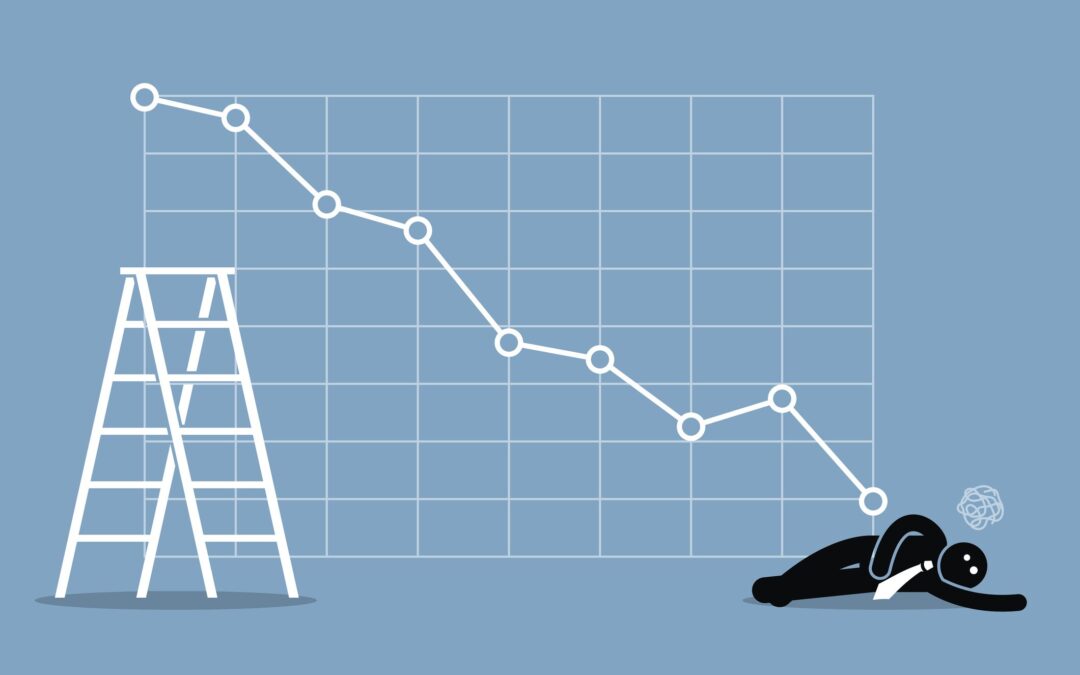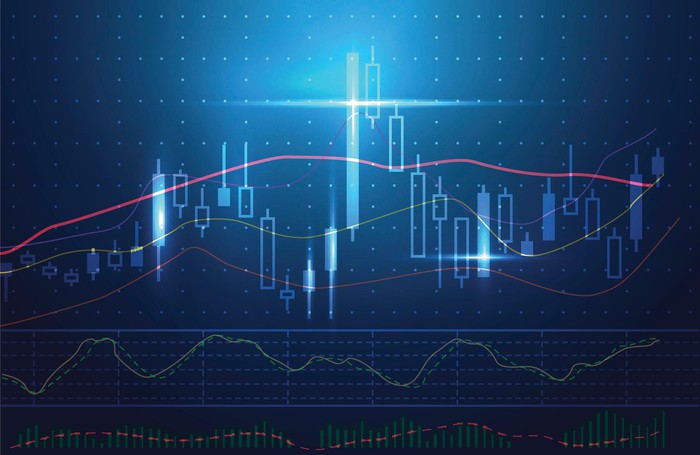
by Nicholas Mitsakos | Economy, Technology, uncertainty, Writing and Podcasts
Brilliance combined with quirkiness and rule-breaking perpetuates an image of daring entrepreneurs and risk-taking capitalists generating outsized wealth. This simply doesn’t happen unless what is created matters. While we might question how much one needs to play a videogame or interact with social media, an advanced society needs advanced solutions to the intractable problems it faces. As John F. Kennedy said, “Our problems are man-made, mankind can solve them, as well.” Perhaps. The harsh reality is that brilliant, hard-working entrepreneurs and thoughtful investors lose much more often than they win. We need their risk-taking and willingness to lose. It’s how we win. We need the benefits technological innovation delivers even if we don’t understand that innovation’s ultimate purpose.

by Nicholas Mitsakos | Economy, Finance, Investment Principles, irrationality, Public Policy, uncertainty, Writing and Podcasts
Risk is higher. Markets are more unpredictable, and valuations more volatile. So, when anyone says “this time it’s different” it usually makes good sense to stop listening. However, these days the markets have given us more frequent and intense volatility. The NASDAQ is down almost 30% so far this year, and shocks from the pandemic, the Ukrainian war, massive central bank interest-rate maneuvers, and China’s zero-covid policy, are all ongoing inputs for turmoil that will continue for some time. Persistent uncertainty creates higher costs of capital and less affordability, weakening business investment, slowing GDP growth, and reducing investment returns. Hyperbolic “this time it’s different” statements are turning out to be true. This time days look darker, uncertainty greater, economic growth lower, vulnerability to additional shocks higher, and investors fear many more dark days to come. More frequent and intense volatility will not be calmed anytime soon. It really may be different this time.

by Nicholas Mitsakos | Economy, Investment Principles, Public Policy, Writing and Podcasts
Interest rates are increasing, and bills are coming due for banks, taxpayers, and bondholders. More worryingly, rising interest costs will squeeze government budgets more than realized. Toss this onto the pile of higher energy costs, rising defense spending, aging populations, slowing growth, and the need to address climate change. As short-term interest rates rise, profits from quantitative easing will disappear (it was over $1 trillion from 2010 to 2021, for the US government).
More broadly, a full accounting of interest rate sensitivity is terrible news for the central banks in Britain, Japan, Europe, and the United States. Higher interest rate costs will impact budgetary flexibility, central-bank profits will be limited or disappear, and costs will be substantial, whether born initially by governments, the banking system, or taxpayers. Eventually, taxpayers will pay.
Government budgets will continue to be squeezed and economic flexibility will be limited or lost. That’s right, I don’t hear any music either.

by Nicholas Mitsakos | Economy, Finance, Investment Principles, The Market, Writing and Podcasts
The Fed’s latest projection was for annual inflation to fall from over 5% at the end of 2022 to about 2.5% by the end of 2023. At this point, we’re not taking the Fed’s projections seriously, and for good reason. They were spectacularly wrong when a depth of understanding and insight into critical future events was essential. In other words, the understanding of how the economy works, the Fed’s ability to predict the effects of economic shocks, and its policy actions have gotten no better over the last 50 years. More specifically, price stability doesn’t seem to be coming anytime soon because people simply don’t think it will. If we look at the combination of rising wages and inflation expectations for both consumers and businesses, it is these expectations that drive inflationary pressures more than central bank policy. Inflation levels will be stickier than first theorized by the Fed, and the time to resolution is likely longer. Expect more “surprises” that will be no surprise.

by Nicholas Mitsakos | commodities, Economy, Public Policy, Writing and Podcasts
The average prices of food and fuel rose more than 16% in February from a year earlier and are expected to rise further by the war in Ukraine. Consumers are paying much more for meat, bread, milk, shelter, gas, and utilities. Only a small amount of food consumed in the U.S. is imported, and most of that is from Mexico and Canada. But Russia provides 15% of the world’s fertilizer and other agricultural chemicals that are now in short supply as planting season approaches. Wheat futures are up 29% since Feb. 25 and corn is up 15%. There is no shortage of wheat in the U.S., but global supply was the tightest in 14 years before the conflict, and dramatic shortages and price spikes are expected. What data is the Fed looking at, and how is it assessing inflationary risks? It’s hard to feel confident that the right hands are on the wheel because the combination of extraordinary factors, such as extremely tight labor markets and wage inflation (at over 6% annually and accelerating) showed inflation was already a significant risk. Yet interest rates were left unaltered. This is even before the crisis in Ukraine. The Fed should do whatever is necessary with interest rates to bring down inflation, including movements of more than a quarter-point, and a rapid reduction of its balance sheet. It also means recognizing that unemployment is likely to rise over the next couple of years. Paul Volcker would not have had to take extraordinary steps, driving the economy into a recession to crush runaway inflation, if his predecessors had not lost their focus on inflation. To avoid stagflation and the associated loss of public confidence in our economy today, the Fed has to do more than merely adjust its policy dials — it will have to head in a dramatically different direction.

by Nicholas Mitsakos | China, commodities, Economy, Investments, The Market, Writing and Podcasts
Beyond 2022, higher interest rates and slower global growth most likely trigger a market correction, perhaps at an exorbitant cost. As discounts rates rise and growth assumptions lower, many stocks based assumptions that low interest rates and high growth would sustain for many years will see dramatic repricing and much lower valuations.
Energy and commodities, and the businesses associated with them, are in for a very bumpy ride, but there is a fundamental sustainability to their cash flow and long-term attractiveness as world supply reorders. That which is essential prevails.
The luxury of thinking we have halcyon days of global growth and geopolitical stability may not be with us for some time to come. It is perhaps time to plan for that now.

by Nicholas Mitsakos | China, Economy, Investment Principles, Investments, Public Policy, Writing and Podcasts
Collectively, the world is good at screaming about all sorts of immediate and looming crises, whether that is climate change, totalitarian governments abusing civilians and trampling on personal rights or outright genocide. A speech and a prayer suffice but we’re not going to do anything. Donation websites, lighting buildings in flag colors of abused nations, and sending hopes and prayers accomplish nothing. We send prayers. We just won’t answer them. The Ukraine war’s consequences are severalfold. Economically, global consequences may be slower and less spectacular than the dramatic Russian military invasion. But, the effects will permeate the global economy, and Russia will be the biggest long-term loser. While this does not comfort families suffering and dying in the streets of Ukrainian cities, it realigns global industries and economies, strengthens the West, and is likely to galvanize United States’ leadership in the global economy – setting up even more intense rivalry China. A big uncompromising response now is the most likely strategy to settle these dramatic issues – and if it leads to regime change in Russia, that helps everyone, especially the Russians. The US and the EU need to grow up and start acting like global leaders.

by Nicholas Mitsakos | Artificial Intelligence, Economy, Health Care, Public Policy, Technology, Writing and Podcasts
Observing is not learning. Acting is. But we’re not going to do that. A call for action is sufficient, as long as someone else does it. That much we’ve learned. What used to take several years now takes a fraction of that – including miraculous innovation and profound global disruption. “Five years in 18 months” caused an initial burst of productivity, clarity, and efficiency, but also a train wreck of supply chain disruption, virtual meetings, empty classrooms, and social isolation.

by Nicholas Mitsakos | Book Chapter, Currency, Economy, Finance, Investment Principles, The Market, Writing and Podcasts
Financial markets are imbalanced and lack liquidity in crucial sectors, even historically stable and predictable markets such as the global bond and currency markets. Investments are slanted in one direction more frequently and the markets are vulnerable to big price swings as a result. These large global markets are not immune to ever more lopsided trades creating extreme volatility. This occurs even when a small change occurs in positions, sentiment, or news. Even the world’s most liquid markets, US dollar currency trades and US Treasuries, are seeing skewed positioning resulting in surprisingly large shifts in prices and Treasury bond yields. The market now leans too far one way or the other, and that imbalance will be forced to reverse more powerfully and unpredictably.

by Nicholas Mitsakos | Book Chapter, Economy, Public Policy, The Market, Writing and Podcasts
A National Investment Authority, an idea gaining traction among the administration, would be responsible for “devising, financing, and executing a long-term national strategy of economic development and reconstruction.”
This is not the job of a government; this is the role of the free market. The market does this quite well, and government does this quite poorly. An NIA is another way to bring misery and inefficiency.
Policy reflective of central planning, socialism, or industrial policy brings misery to all. This discredited philosophy that tortured so many in Eastern Europe and Soviet Russia seems to be getting more traction today bewilderingly. It leads to nothing more than bureaucratic idiocy, waste, and disregard for any consumer needs.

by Nicholas Mitsakos | Economy, Investment Principles, Investments, The Market, Writing and Podcasts
Investors expected that the Fed would not only end its bond buying program, but many believed it would also raise interest rates. While the Fed did agree to taper its bond buying, essentially decreasing its $150 billion monthly bond buying program by $15 billion per month, ending the program in 2022. However, the Fed kept interest rates the same and clearly signaled that it would not raise interest rates anytime soon, and almost definitely not until the taper of its bond buying was completed – in other words, not for at least one more year.
Investors who had been betting on the Fed raising interest rates wagered on the yield curve flattening for Treasuries. Therefore, they invested in short-term Treasuries believing those would outperform longer-term Treasuries, as well as 10-year and 30-year bonds. Instead, we are seeing the opposite happen. Short-term bonds are dropping in price and yields are approaching their highest levels since March 2020. Meanwhile, prices for long-term bonds have climbed. This same phenomenon is happening for government bonds that only in the United States, but also in the UK, Canada, and elsewhere.

by Nicholas Mitsakos | Economy, Investments, The Market, Writing and Podcasts
There are warning signs that the stock market is transitioning from some form of reality to misguided euphoria. The S&P 500 is up almost 10% in the last 30 days. However, this broad optimism doesn’t seem to be matched by many forms of fundamental reality.
Earnings are barely moving, and profit margins are under pressure from higher wages and rising product costs. However transitory one imagines supply chain constraints and lack of available workers, the situation has certainly extended much further than most predicted.












